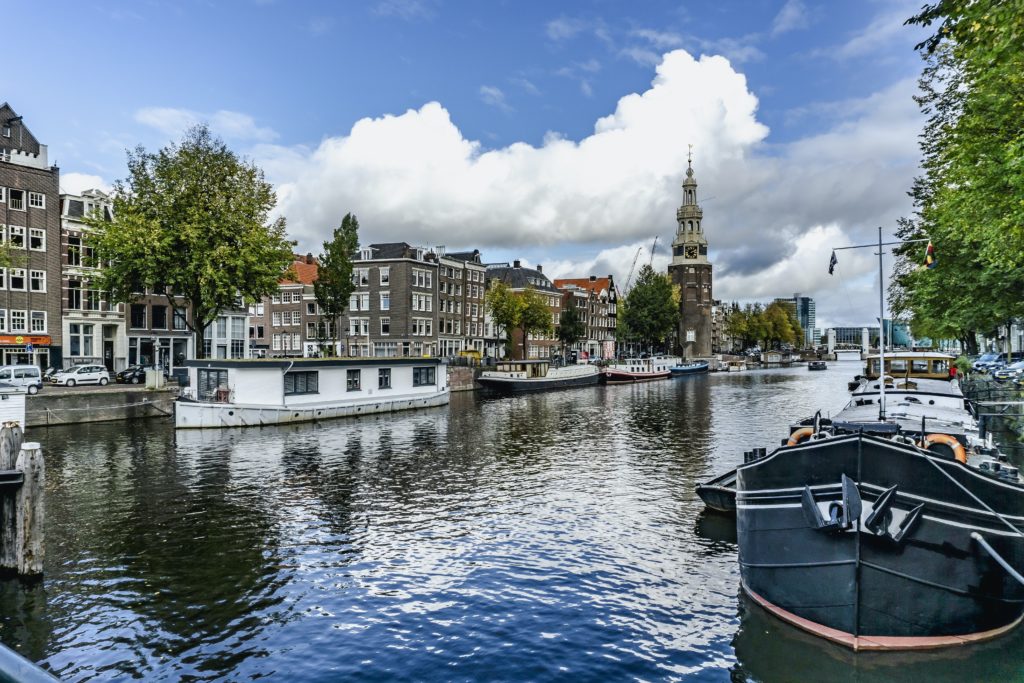Foreigners can now completely establish their Dutch corporation online without having to personally attend the process. This is convenient. Before beginning the laborious process of immigration, independent contractors and small business owners can take care of their incorporation. Owners of foreign corporations establishing subsidiaries might avoid travel time. Of course, this does not imply that there is nothing else to be done.
The practical actions you must take when registering your company online in the Netherlands will be covered in this article.

Documents required
Required documents include:
Office rental contract
You must incorporate your new BV at a legal business address. Not every address is acceptable. As long as it is in the same name as one of the BV’s founders or directors, your business address may be the same as your residential address. If this isn’t (yet) an option, there are other possibilities on the Dutch market for renting an office space that can be utilized for your company’s incorporation. Not all office types are appropriate for this use, so please check before moving on. It is never permissible to use virtual addresses or “letterbox addresses”!
KYC – UBO form
All Dutch service providers are obligated to maintain specific information about you and your business in their files as part of the incorporation procedure. The UBO form is the most noteworthy bit of information in this. The natural person who holds (directly or indirectly) 25% or more of the shares in the capital of the new BV, or who controls the new BV, is known as the Ultimate Beneficial Owner (or “UBO”). Each “UBO” to the BV setup is described in detail on the KYC – UBO Form.
Passport copies
A copy of the passport is required from every UBO.
Utility bills
Every UBO must submit a copy of a recent utility bill, no older than one month, proving their address at the time of setup. This address might be located anywhere; it is not required to be in the Netherlands. An example of a utility bill is a phone bill, but it can also be an electricity, water, bank, or credit card statement. It can also be a letter from the government.
Tax Identification Number (TIN)
Each overseas UBO must present a document attesting to their TIN as well as their TIN itself. The OECD website explains TIN numbers here. The TIN and BSN numbers are interchangeable in the Netherlands.
Deed of incorporation
A copy of the foreign starting entity’s incorporation document must be provided. This does not have to be the official or notarized version.
Shareholders’ register
You must submit a cap table describing the shareholdings and corresponding percentages of every individual shareholder, as well as a copy of the shareholder’s registration for the foreign starting corporation. These documents don’t need to be notarized or legalized.
Organizational chart
A diagram or chart detailing the ownership and control structures inside the founding legal organization must be included. You can use a tool like Creately to create a sketch of your work or a screenshot from a PowerPoint presentation.
After receiving all of these documents, the Dutch notary will begin working on your behalf.
Subsequent steps
Here are some of the subsequent steps:
Notarial documents
The following papers will be created for you by the Dutch notary (in the English language).
- The BV’s incorporation deed
- The power of attorney for the deed’s execution
- The personal data card needed to register your BV with the Dutch Company Register
Identification
A 100% online and remote identification and verification process will be carried out by the Dutch Notary, perhaps in a Zoom call. The founders will now sign the Powers of Attorney, which the notary’s office will utilize to complete the incorporation document.
Confirmation of foreign entity
If you establish your business vehicle (BV) with a foreign legal entity as the founder, the notary must confirm that this foreign entity is accurately represented during the incorporation and that it exists. The notary needs a local attorney’s confirmation for this reason. For this, the Dutch notary will offer a standard document, but be aware that local attorneys frequently have regional viewpoints and methods of operation. They might take some time, and you will undoubtedly pay for it.







